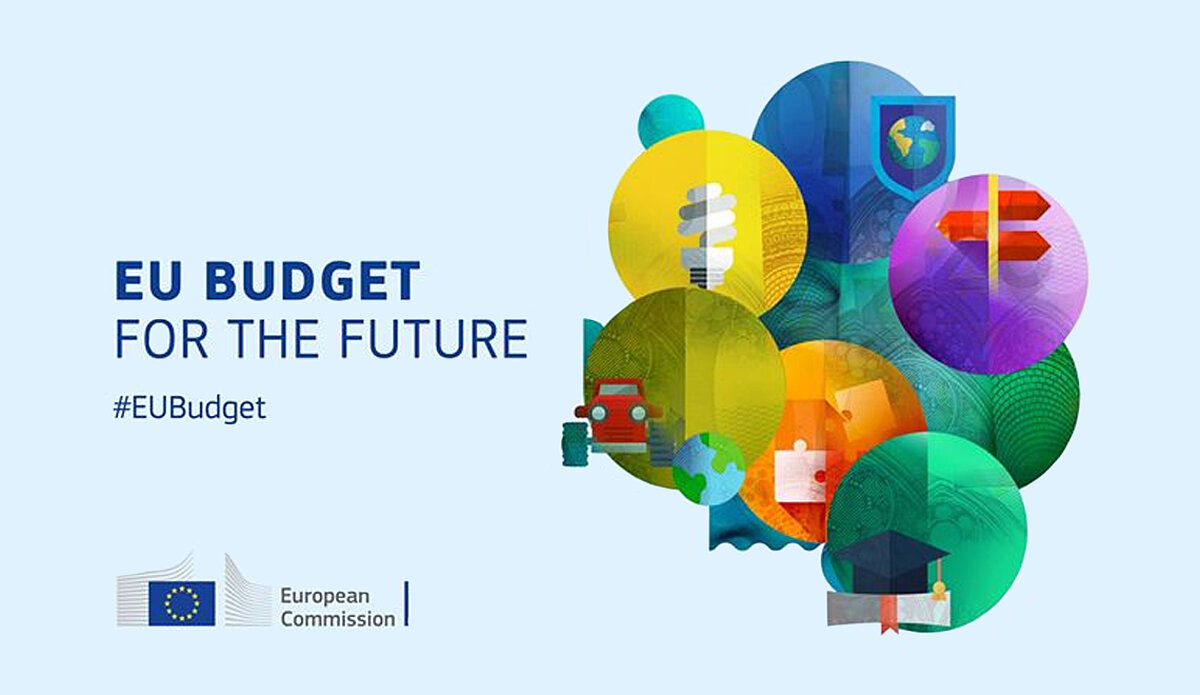
The European Commission has launched its pact for research and innovation, the first policy action in its revamped European Research Area (ERA) – a decades-long effort to create a real single, EU-wide market for research, innovations and the people who do them. It has been joined by MEPs and research lobbies in asking member states to raise public and private R&D investments to 3% of GDP by 2030. The target is not new, but some politicians hope to be able to convince their counterparts in lagging countries to invest more.
The Commission is also rewriting the rules for international R&D cooperation. This roughly translates to: The EU wants to have its cake and eat it too. While the Commission acknowledges the merits of international R&D cooperation, it also wants limitations to be applied to countries that it thinks could use open access to EU programmes to spy on sensitive technologies for economic and military gains. This concern targets China and Russia, in particular. But relations with long-term allies, such as Israel, Switzerland and the UK, also got tangled temporarily in the EU’s worries about “technological sovereignty.”
More information: https://sciencebusiness.net/news/new-horizon-new-era-new-international-rules-rd-vacation-reader